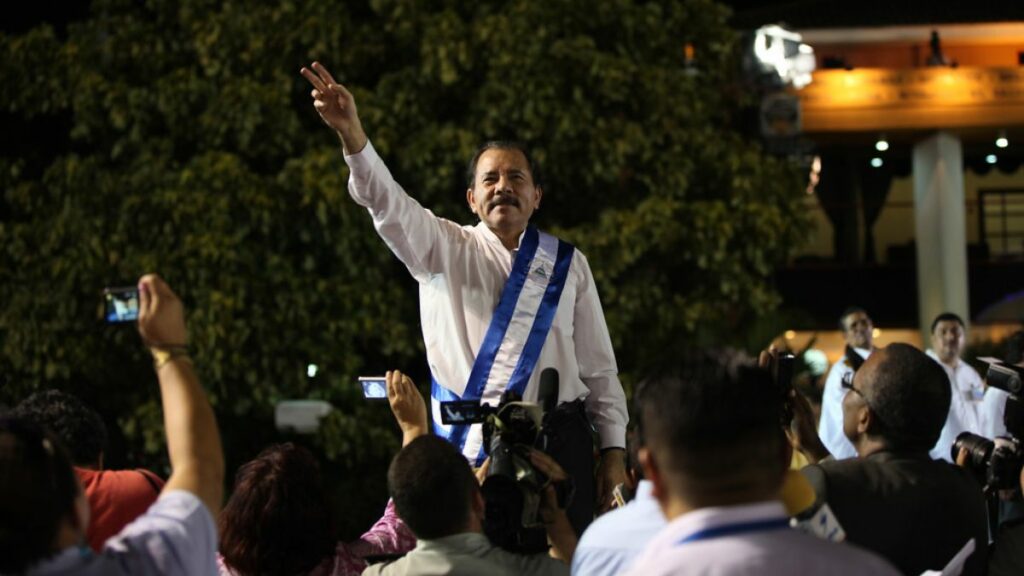Last updated on February 24th, 2022 at 12:23 pm
An assault on religious freedom dictated by “political messianism” is taking place in Nicaragua. The denunciation comes from Christopher Ljungquist, counselor for Latin America in the Office for International Justice and Peace of the United States Conference of Catholic Bishops.
The protests of 2018
The resurgence of persecution began in Nicaragua after protests against reforms to the public pension system in April 2018. The demonstrations came after about a decade of deteriorating economic conditions in the country. The protesters, mostly students, demanded democratic reforms and the resignation of President Daniel Ortega and his wife, Vice President Rosario Murillo, as they would establish a despotism marked by nepotism and repression. As a result of the protests there have been hundreds of casualties.
Political Messianism
In 2021, however, the backdrop for the religious freedom violations would not have been the protests, but the period leading up to the November general elections won by Ortega for a fourth consecutive term. Ljungquist states that the government operates today considering itself “the savior of the fatherland, the national liberator.”
The accusation against the Catholic Church
Now, in the early days of the 2018 protests Ortega asked the Catholic Church to act as a mediator. But his administration also began to use brutal force against the protesters and later against the clergy, who were allegedly accused of aiding and hiding the protesters.
Christian Symbology and New Age
Ortega’s speeches, Ljungquist explains, “are a theatrical and flamboyant form of political preaching,” in which “Christian symbolism and an occultism with a New Age flavor” are combined. Like most totalitarian ideologies, “Sandinism is hegemonic,” he adds. And Ortega “is trying to bring the entire Nicaraguan society, particularly religion, under the ideological control of his own movement.” In this context, conflict is “inevitable” when an institution like the Catholic Church calls the government to account because “political messiahs don’t like to be questioned.” According to Ljungquist, the apparent reason behind anti-Christian persecution is “to obtain silence…through intimidation.”
Attacks
Ljungquist says that in 2020 a cathedral was attacked in what Managua’s archbishop, Cardinal Leopoldo José Brenes Solórzano, called a “terrorist attack.” “A 400-year-old crucifix, brought from Spain, was severely damaged”; and while physical assaults were mostly concentrated between 2018 and 2020, “coded verbal attacks” continue.
In October Ortega ha del retso called the Catholic bishops “terrorists,” claiming, in the most classic style of totalitarianism, that the 2018 protests were a coup d’état hatched by foreign powers. Since Nicaragua has very specific anti-terrorism legislation, Ljungquist says a statement like this “sounds like a threat.”
